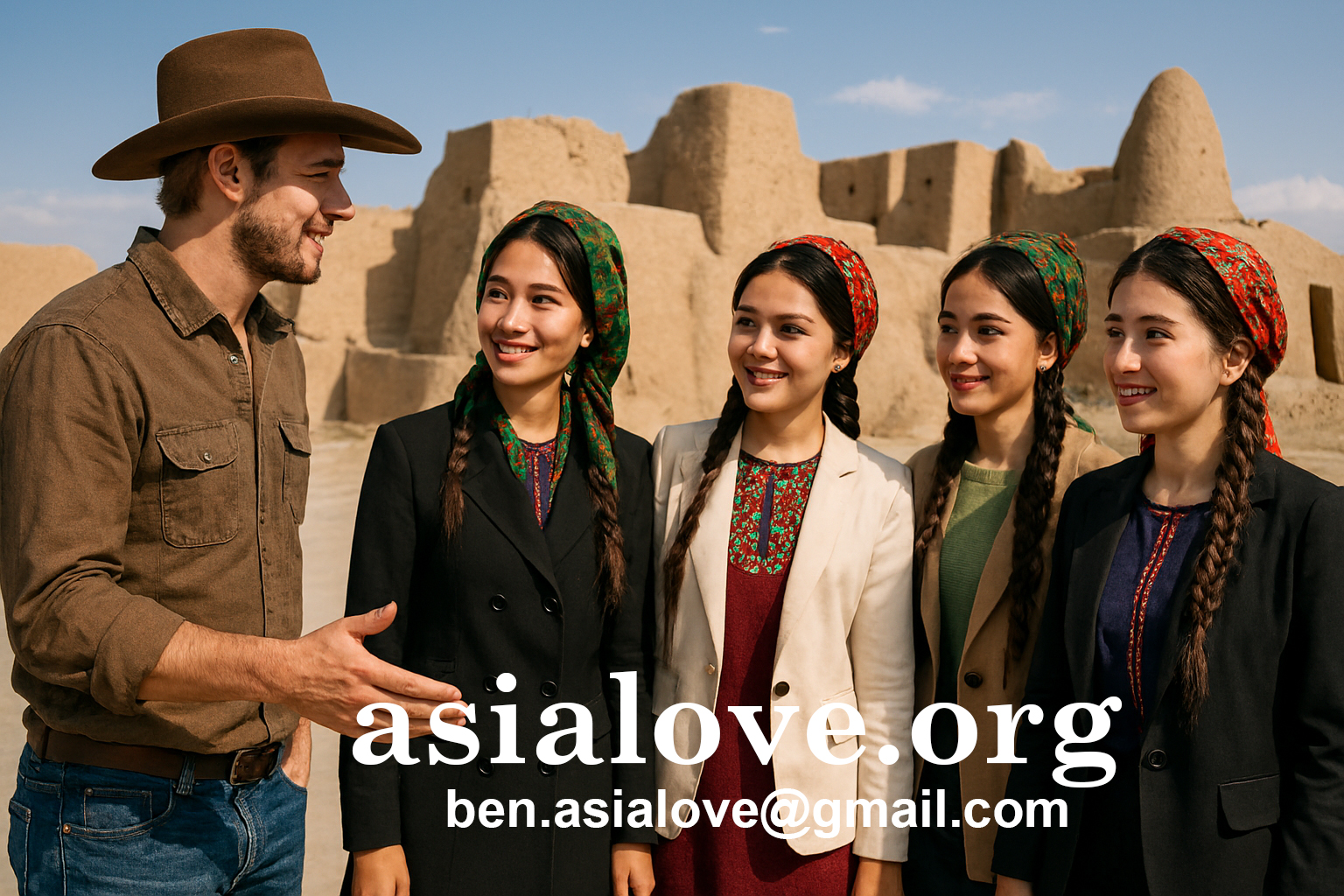Turkmenistan
Concise culture, society, and practical notes
Overview
Turkmenistan is one of Central Asia’s most conservative, family‑centric societies. Relationships progress slowly and with discretion, and family approval matters in virtually all serious partnerships. The country is ruled by President Serdar Berdimuhamedow (also romanized Berdymukhammedov), in office since 19 March 2022.
People & Society
English is uncommon outside Ashgabat; basic phrases in Turkmen or Russian go a long way.
Culture & Daily Life
Hospitality and modesty are core values. Public displays of affection are rare, and introductions through family or trusted friends are the norm. Reliability—being punctual and keeping promises—is noticed and respected. In many circles, traditional masculinity and family honor are emphasized.
Dating & Socializing
Dating is discreet and oriented toward long‑term commitment. Meetings are often arranged within social networks. In Ashgabat, low‑key public venues are safest for early meetings:
- Berkarar Shopping Center – 1978 Street, Ashgabat – Popular mall with cafés and restaurants.
- Ýyldyz Hotel Lounge – Galkynyş Street, Ashgabat – Quiet, upscale place for coffee/tea.
- Ashgabat Park – Central park for walks and conversation.
Outside the capital, introductions usually happen via family; private home visits and community events are common.
Etiquette that helps
- Dress neat and modest; avoid flashy or revealing outfits.
- Be respectful to elders and male relatives; deference is expected.
- Avoid initiating physical contact in public.
- Bring a small gift (chocolates, fruit, tea) when meeting family.
- Show interest in Turkmen culture and traditions.
Law & Restrictions
- Always carry ID; hotels may refuse unregistered visitors.
- Public intoxication draws police attention; keep nights low‑key.
- Internet is restricted; dating apps can be blocked intermittently. Use personal introductions and offline messaging.
- Foreign entry remains controlled; e‑visa rollout began in 2025 but practical details may change—check current rules before travel.
Criminal provisions, penalties, and historical practices
World Bank (2024). Population, total – Turkmenistan. UNFPA (2025). World Population Dashboard – Turkmenistan. CIA World Factbook (updated 2025). Turkmenistan – People & Society. Encyclopaedia Britannica (2025). Turkmenistan – Quick Facts. Wikipedia. President of Turkmenistan (accessed 2025) – for inauguration date.References
